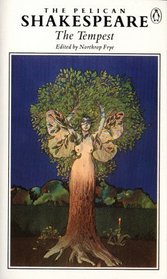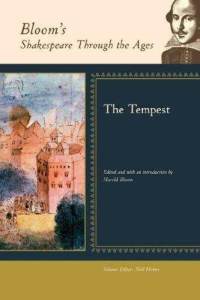

As Bob Denham keeps reminding us, Frye continues to be read and used by scholars. Robert Milder, a very influential Americanist, uses Frye extensively in both his most recently published books, on Thoreau and on Melville, and he does so unapologetically. I am reading a book on Poe right now–admittedly published twenty years ago, but that would be at the very apex of high theory–by Charles E. May, the short story theorist, and the basic paradigm he uses is drawn from Anatomy of Criticism. I am also reviewing a book on Victorian poetry at this moment, and again the use of Frye is deep and extensive.
Frye saw his role for other critics and scholars as something to be measured by his usefulness. And for anyone honestly interested in literature and criticism and who reads him without prejudice, he is enormously useful. And this is why his work has lasted: it makes sense, it coheres, it is insightful. It opens up the doors of perception and cuts away the mind-forged manacles. Not to mention that it`s always a delight to read, unlike the portentous grandiloquence of so many other critical theorists, Bloom among them.
Frye comes up with a great way of describing such prose style in one of his notebooks. The entry concerns, in fact, Frye`s feeling that he was old and out of fashion, but also his suspicion that the new wave of theory was long on cleverness, and short on insight.
I am old and on the shelf now, and much that is going on I no longer understand. I’m reading Samuel Delaney, an sf [science fiction] writer interested in semiotics, and he begins with a sentence from Julia Kristeva I can no more understand than I could eat a lobster with its shell on. I wouldn’t discourage anyone from masticating and ruminating such sentences, but I`d like to think (or perhaps only my ego would) that my greater simplicity came from a deeper level than the labyrinth of the brain. (CW 5: 61-62)
Note the introspection and examination of conscience here–the questioning of possible egotistical motivation. The next entry runs:
Except that my ego has also intruded into my writing and caused me to write nonsense. My adversary has not, like Job’s, written a book [Job 31: 35], but he’s written IN all my books, and not always on the margins. I’d like to write one book free of the ego before I go. I also wish my clearest intervals of thought weren’t accompanied by laziness and selfishness.
If Frye could castigate himself for his laziness and selfishness, what terrible Dantean afterlife awaits the rest of us? Sorry to beat a dead horse, but this defines for me the problem I have with Bloom: his ego keeps getting in the way; any possible insight he might have is smothered by it. He became a lunatic of one idea, and it wasn’t even a very good idea to start with: a strange amalgam of Nietzschean will to power and Freudian castration anxiety. As Christopher asks in his comments (here and here), how does this obsession with the power struggle between poetic geniuses help us understand literature better? The letter in the LRB Christopher refers us to is even more telling: it demonstrates the speciousness of Bloom’s “knee-jerk” interpretive procedures. It is really no better when he is dealing with literary texts written in English and not making obvious errors in translating Hebrew. You can’t trust the man.
Perhaps, Jonathan, you might explain in more detail why you find Boom so useful. The post-Anxiety of Influence Bloom, that is (he actually did valuable work when he saw himself as a Romantics scholar and still regarded Frye as his mentor.)